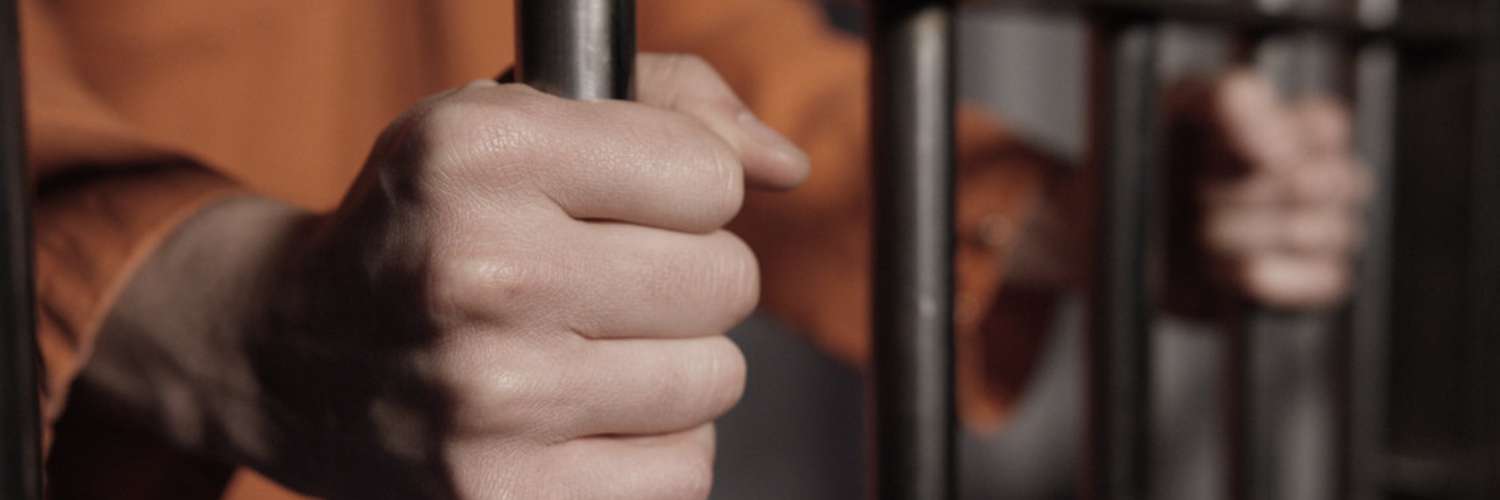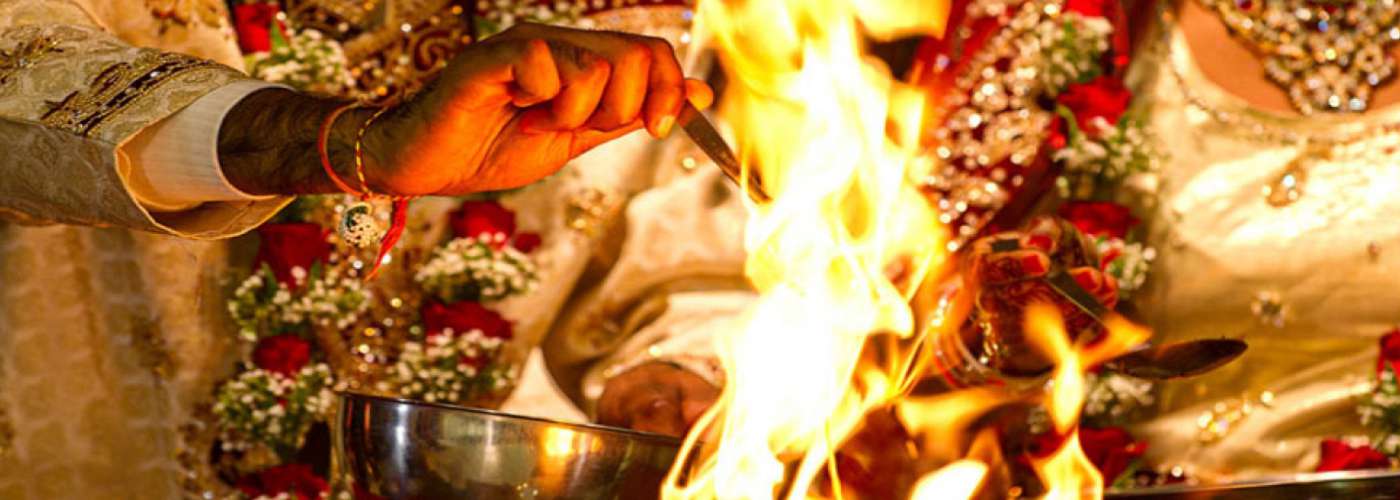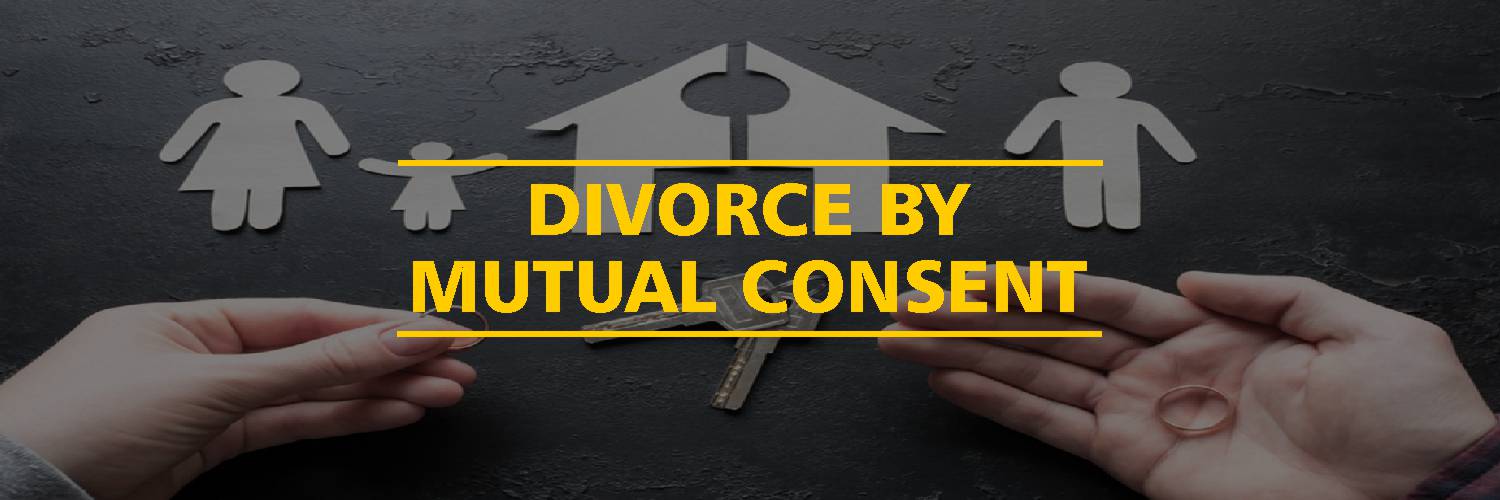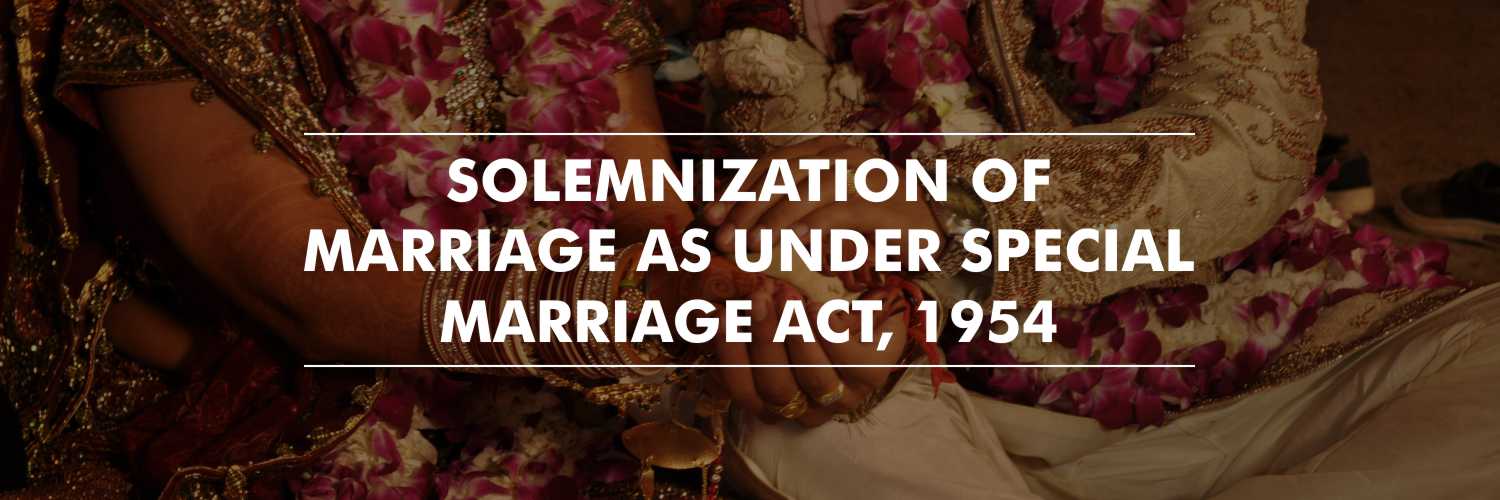The registration of a marriage is an intrinsic formality necessary by law. In this post, we make an in-depth review of the formalities and procedure to Register a Marriage Under The Special Marriage Act, 1954
Contents
- Laws relating to marriage in India
- The Special Marriage Act, 1954
- Who can register a marriage under the Special Marriage Act, 1954?
- The Conditions for the Registration of Court Marriage
- What are Prohibited Relationships under the Special Marriage Act, 1954
- Procedure for Registration of Court Marriage under the Special Marriage Act, 1954
Laws Relating to Marriage in India
In the eyes of society, a legal marriage is a socio-legal approval given to a couple to live together and start a family. In India marriages are legally registered, here marriage can be registered under two acts:
The Special Marriage Act, 1954
Any person irrespective of his caste or religion can get his marriage solemnized under the provisions of this act. This act originated in 1872 when it was originally enacted.
It was the handiwork of Henry Summer Maine who introduced Act III of 1872; this act permitted any person to marry whosoever they chose under a new Civil Marriage Act. But according to this act in the final wording, a person has to renounce their profession of faith altogether. Inter-Religious and inter-caste marriages were allowed in this act.
Overall the local government and administration were unanimously unsatisfied with Maine’s Bill and believed the legislation encouraged marriages based on lust, which leads to immorality.
The Special Marriage Act, 1954 replaced Act III of 1872; and according to this act, the registration of marriage was possible in Inter-caste or Inter-Religious marriages, and renouncing the faith was also not required.
Who can Register a Marriage under the Special Marriage Act, 1954?
- Any Person irrespective of their religion
- This act extends to the territory of all of India except Jammu and Kashmir
- Indian National living abroad
The Conditions for the Registration of Court Marriage
- Each person should have no other subsisting marriage i.e. person should not be married to another or should not have any living spouse at the time of registration.
- The Male should be at least 21 years old, and female at least 18-year-old.
- The intending parties should be of sound mind and should be able to give valid consent during the marriage.
- The Parties should not fall within the degree of prohibited relationships.
What are Prohibited Relationships under the Special Marriage Act, 1954
- Relationship by half-blood as well as full blood. Half-blood here means when an ancestor is common but from different wives.
- Illegitimate blood relationships and legitimate blood relationships.
- Relationship by adoption as well as by blood.
Procedure for Registration of Court Marriage under the Special Marriage Act, 1954
- 30 days prior notice for marriage has to be given in a prescribed format to the marriage officer, in whose jurisdiction at least one of the parties is residing for not less than 30 days immediately preceding the notice is given. Jurisdiction is very important is registered under this act as where the marriage has to be registered if there is no valid proof of person residing there for not less than 30 days the marriage cannot be solemnized.
- A copy of the notice is fixed on the notice board of the registered office and a copy is sent to the marriage officer of the area where either the parties have a present/permanent address for similar publications.
- After 30 days of the notice, if no objections are raised to the marriage officer about the marriage, the marriage will be solemnized.
- In a case of objection, the marriage officer will conduct an inquiry and marriage will be solemnized after that.
- Requirements on the day of marriage:-
- Three witnesses
- Documents for proof of age and address of both parties
- Passport size photographs
- Marriage is not binding on the parties unless both the parties states that: “I, _____, take the ______, to be my lawful wife (or husband),” in the presence of the Marriage Officer and three witnesses.
- Affidavit with regard to:-
- a) Fit Mental condition b) Non-relation between the parties with the degree of prohibition It is preferred to get the marriage registered under the Hindu Marriage Act as filing for divorce is quite easy in the Hindu Marriage Act as compared to the special marriage act.
| Matrimonial Law | |
|---|---|
| Laws | Special Marriage Act 1954 | Parsi Marriage And Divorce Act 1936 | Indian Christian Marriage Act 1872 | Foreign Marriage Act 1969 |
| Related Articles | Read about Love Marriages |








